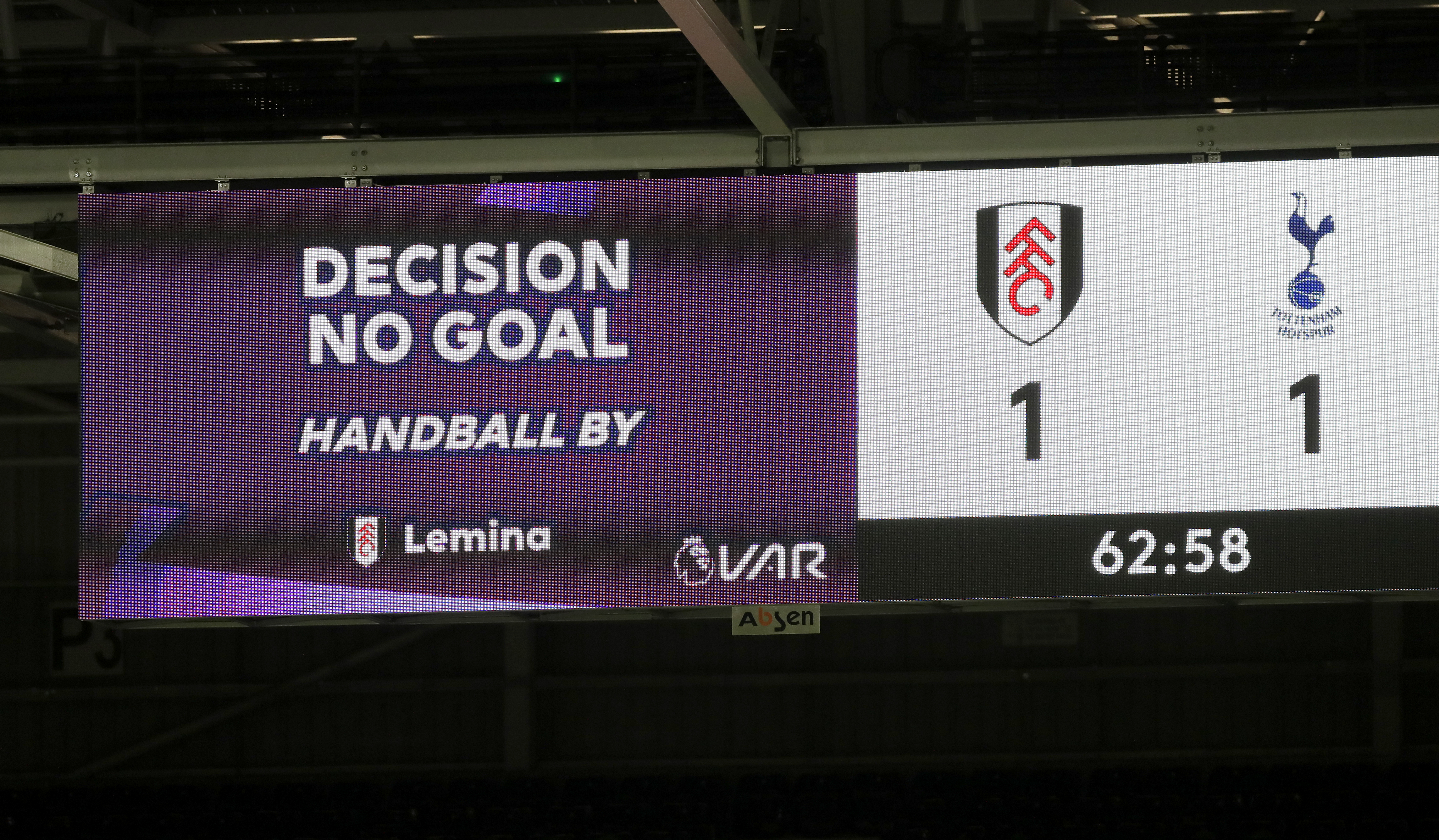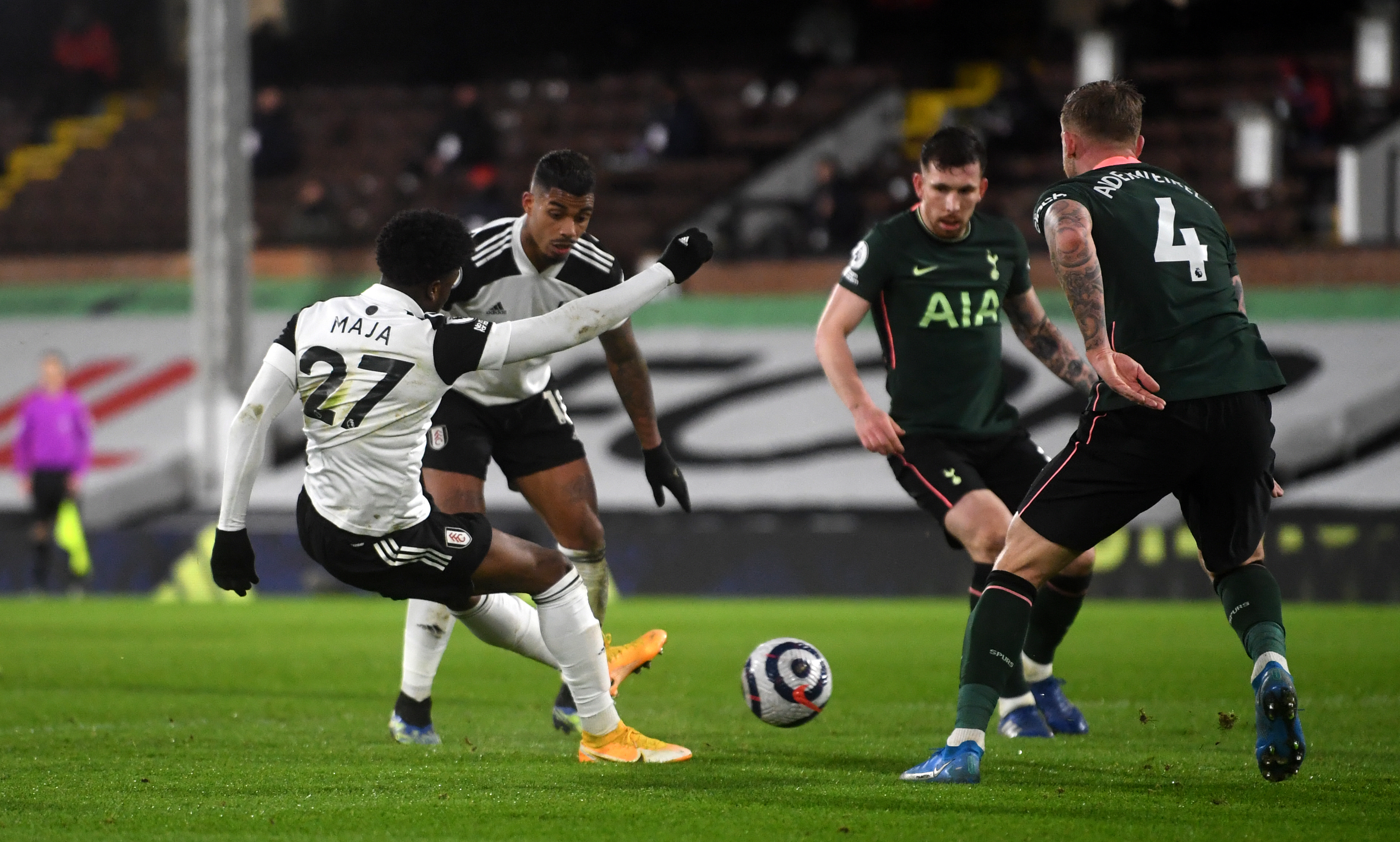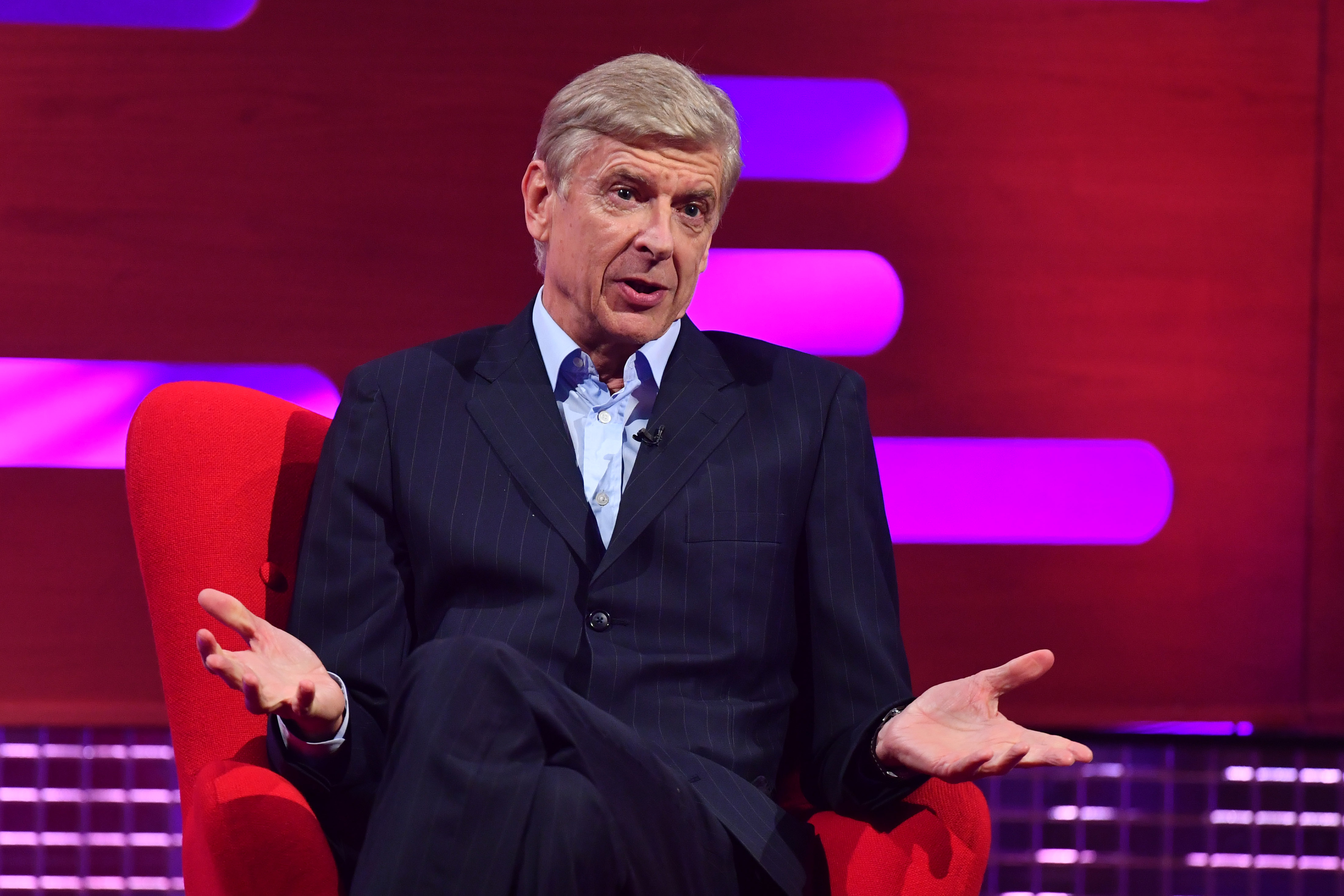Accidental handball in build-up to a goal ‘no longer an offence’ – IFAB

Accidental handball that leads to a team-mate scoring a goal or having a goal-scoring opportunity will no longer be considered an offence, the game’s lawmaking body the International Football Association Board has announced.
The controversial section of the handball law came into play during Thursday night’s Premier League game between Fulham and Tottenham, the Cottagers seeing a goal by Josh Maja ruled out when the ball cannoned into the hand of his team-mate Mario Lemina from a Davinson Sanchez clearance when he was a matter of yards away.
And the IFAB has now agreed a change, which comes into effect from July 1.
135th Annual General Meeting: The IFAB clarifies handball Law and confirms decision on concussion substitute trials— The IFAB (@TheIFAB) March 5, 2021
However, competitions have the flexibility to introduce changes prior to that date, IFAB said.
An IFAB statement read: “As the interpretation of handball incidents has not always been consistent due to incorrect applications of the law, the members confirmed that not every touch of a player’s hand/arm with the ball is an offence.”
It added: “Accidental handball that leads to a team-mate scoring a goal or having a goal-scoring opportunity will no longer be considered an offence.”
It will remain a handball offence if a player scores accidentally with their hand or arm, or uses their hand or arm directly before scoring.
Get FourFourTwo Newsletter
The best features, fun and footballing quizzes, straight to your inbox every week.

Fulham boss Scott Parker hit out at the law in the wake of his team’s defeat to Tottenham, saying: “I understand why the goal was not given and that’s the rule. I don’t agree with the rule.
“I am not complaining with that, the referee is acting to the rule. We have VAR so you can look back and see if there is a clear advantage. I don’t think we did.
“We are trying to make the game so pure and sterile and trying to control every single phase or moment to an absolute T and that is where the problem lies.”
On the decision to no longer penalise a player for an accidental handball that leads to a team-mate scoring, FIFA president Gianni Infantino said: “After analysing everything it was felt this was maybe one step too far. This was the perception of the public and the perception we had at IFAB.
“For this reason we amended this regulation. It’s not embarrassing or a climbdown. We are listening and attentive to what’s going on. It’s the job of the IFAB to take comments on board and make things better.”
Pierluigi Collina, FIFA’s referee committee chairman, said the change to the law had been considered for seven or eight months.
“What happened yesterday (at Fulham) is evidence that the decision (to change the law) is correct, but it was not a reaction to the incident,” he said.
Parker also said VAR was “killing every part” of the excitement and emotion in football in the wake of Fulham’s defeat to Spurs.
But Infantino launched a staunch defence of the system on Friday, saying: “VAR is giving and bringing more justice to the game, making the game more clean and helping referees in taking the correct decisions.
“If it is taking away joy from some it gives the joy to others (when a decision is changed in favour of their team).
“Everyone prefers to win a game based on the right decision of the referee.

“It is unimaginable to think of football without VAR.”
The IFAB also clarified the interpretation of the offside law, saying the definition for handball, whereby the arm ends at the bottom of the armpit, must be used when judging whether a player is offside or not.
Chelsea’s Timo Werner was denied a goal against Liverpool on Thursday night when VAR ruled his arm had been offside in the build-up.
Infantino revealed semi-automated offside technology was trialled at the recent Club World Cup and said he “cannot exclude” the possibility of it being used at the 2022 World Cup.
But he added: “For that, more tests will have to take place, but the technology is moving very, very fast.”

Infantino said former Arsenal manager Arsene Wenger – now FIFA’s chief of global football development – had given a presentation on a proposed change to the offside law, which would see a player deemed onside if any part of them that can score a goal is in line with the second-last defender.
“We have been seeing that maybe we can think about a new law which allows a bit more attack in football,” said Infantino.
Football Association chief executive Mark Bullingham said on the offside law: “Our role in football is to strive for continuous improvement.
“Semi-automated offsides would be a real step forward. The fan experience is negatively impacted by waiting to see if a goal has been scored.”
